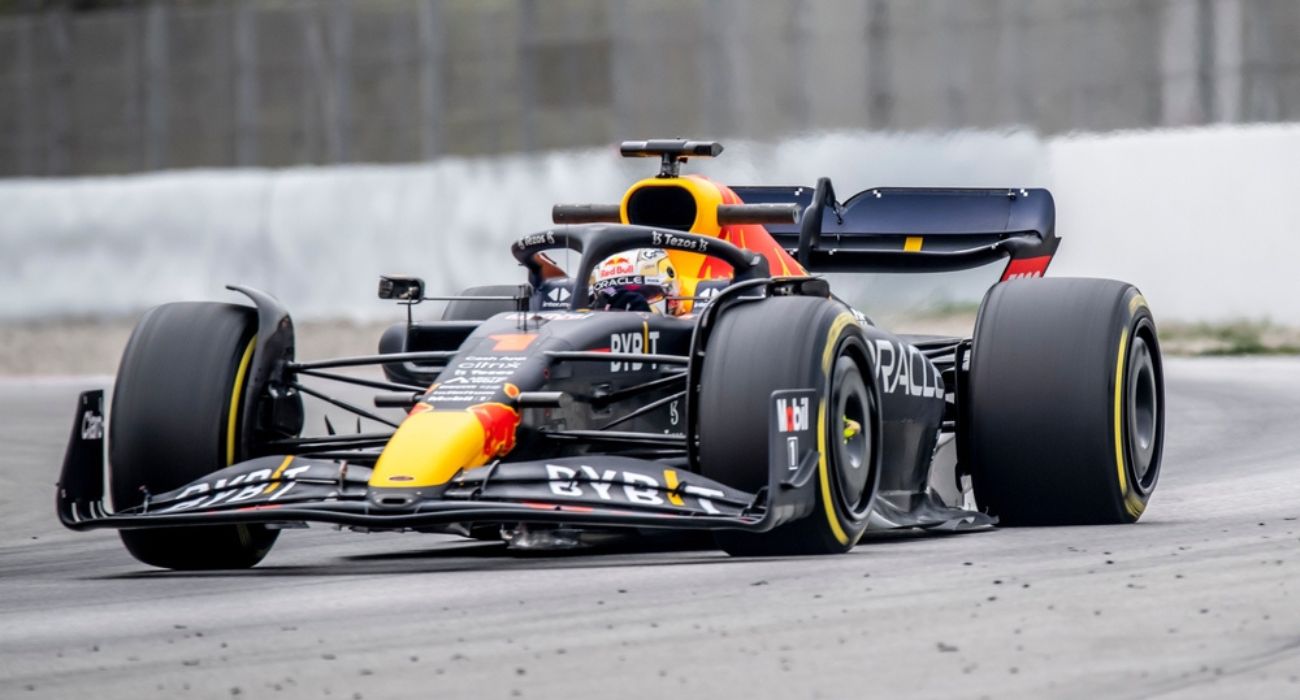Reigning Formula 1 Constructors’ Champion Red Bull Racing will partner with American automaking giant Ford to develop new engines in a blockbuster deal set to begin in 2026.
The announcement of the partnership ends months of speculation surrounding the direction Red Bull would go to bolster its new in-house engine project, dubbed Red Bull Powertrains.
By joining forces with Red Bull, Ford hopes to extend its storybook relationship with Formula 1, having previously powered 10 constructors’ championships and 13 drivers’ championships during various stints in the sport.
And while both Red Bull and Ford have a legacy of success in Formula 1, the path to today’s announcement was not straightforward.
Beginning in 2019, Red Bull utilized Honda engines, or power units, after ending a longstanding twelve-year partnership with engine provider Renault that had resulted in four double championships.
However, after only two years, Honda formally withdrew from the sport, leading Red Bull to ultimately decide to take matters into their own hands and construct their own engine.
The energy drink-sponsored racing team began to heavily invest in infrastructure and personnel for its new engine division but also began seeking a “strategic partner” with whom to share the load.
Specifically, Red Bull wanted a partner with expertise to assist with the design and development of the electrical and hybrid components while it took the lead on the combustion engine itself.
The most obvious partner was Honda, as the Japanese automaker was signed on to provide Red Bull with support with its engine through the end of the current technical regulations in 2025. But it became clear in time that the scope of the project—the hybrid systems only—was too small to interest Honda.
The public conversation then turned to the possibility of German sports car manufacturer Porsche. In the fall of 2022, speculation ran wild and there were even expectations that a formal announcement was on the horizon due to leaks out of Porsche.
But the deal fell through. While Red Bull was seeking a partner, it appears Porsche was more interested in acquiring control of the racing team and its daily operations.
For the punchy, small racing outfit with a championship pedigree, this proved to be nonstarter.
Red Bull Team Principal Christian Horner remarked on their resistance to relinquishing control to a larger corporate interest at the time, “We are a race team fundamentally and that enables us to make quick decisions and react very quickly.”
“That was a key aspect of protecting what we have and how we operate, which has proved to be reasonably successful,” he continued.
Now months after the Porsche deal’s extremely public fall-out, a surprise partnership with Ford on precisely the terms Red Bull laid out has cemented the vision that the current championship team set out when Honda left Formula 1.
“It’s fantastic to be welcoming Ford back into Formula 1 through this partnership,” commented Horner. He further said: “They are a manufacturer rich in motoring history that spans generations. From Jim Clark to Ayrton Senna and Michael Schumacher, the lineage speaks for itself.”
“For us as Red Bull Powertrains to open the next chapter of that dynasty, as Red Bull Ford, is tremendously exciting,” Horner concluded.
Celebrating the announcement, Ford tweeted: “You’re not dreaming. It’s real. We’re back in F1, partnering with Red Bull Racing.”
While development will begin in earnest, Red Bull will not begin using Ford-branded engines until 2026 when Formula 1’s new engine regulations go into effect.
The new partnership is slated to run until at least 2030.
This Formula 1 column is brought to you by Elliott Griffin, principal of Griffin Communications. To read his previous coverage on all things F1, click here.






